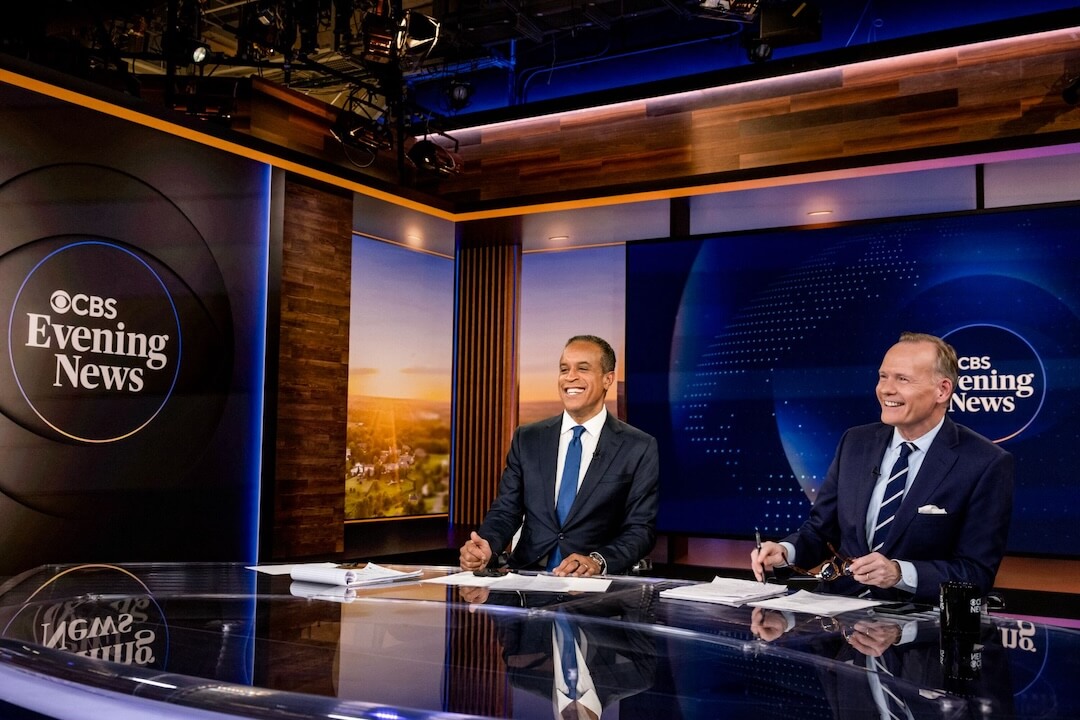Since Saturday, local media in St. Louis have covered the shooting of Michael Brown in Ferguson, Missouri. National media joined them, and on Friday, the story made the front pages of newspapers in the U.S. and around the world. We checked in with several newsroom leaders and asked them the same five questions about their work, the competition and the best and worst of what they’ve seen.
Chris King is the editorial director of the The St. Louis American, St. Louis’ historically black newspaper. He answered these questions via email.
1. What is the most important thing you’ve told your staff as they cover this story?
Come back alive. We want you — and your story. Protect yourself.
2. Give us an example of the best coverage you’ve produced or seen.
I am attaching a photo Lawrence Bryant shot for us today of Sierra Smith, resident of Canfield Green apartments where Michael Brown was shot, telling Gov. Jay Nixon that outside agitators are coming into the protest zone to set fires. A pastor from the area also said the outside agitators are anarchists from Chicago who “brought the Molotov cocktails to the party.”
3. What’s the worst?
I get it, but everybody overdid the jailed journalist story.
4. Do you see a difference in national and local coverage of this story?
The competition from outside media made our local daily step up its game. The Post-Dispatch has almost no black editorial staff and miss the point on coverage of the black community much of the time. I like much of what I am seeing from everyone.
5. How does our ability to report in real time across platforms help citizens — and have you seen downsides that must be managed?
Our web editor Kenya Vaughn and I are behind the scenes, using social media to guide people to protests and provide facts we know off the record before they are announced publicly. That is valuable. The downside is there are so few of us we leave most of it on social media and don’t get up web stories.
A young resident of Canfield Green Apartments protested with his father at the torched #Ferguson QuikTrip – @LBPhoto1 pic.twitter.com/SvCdbQYKkQ
— St. Louis American (@StLouisAmerican) August 13, 2014









Comments